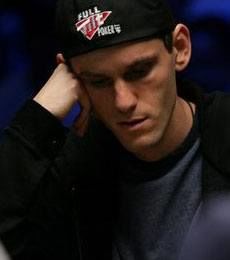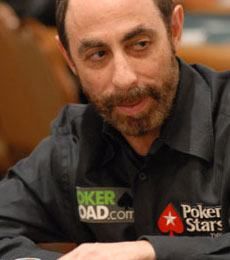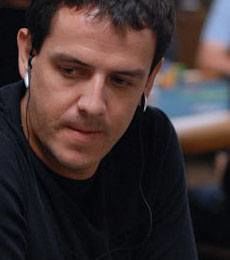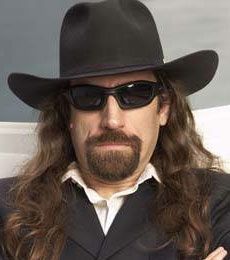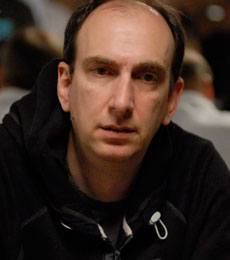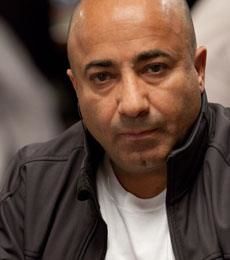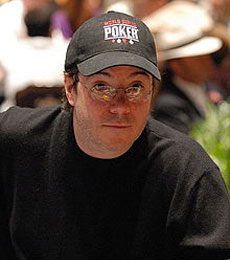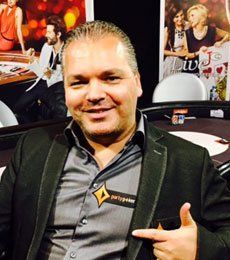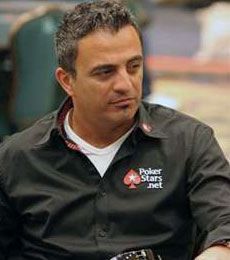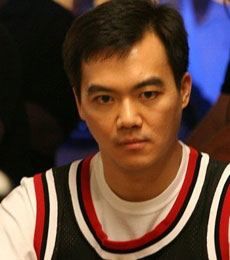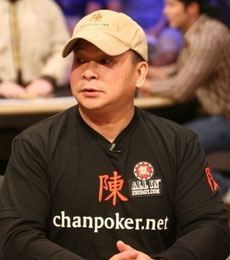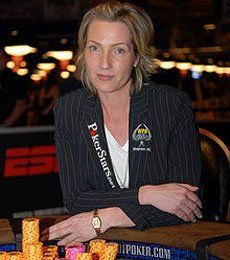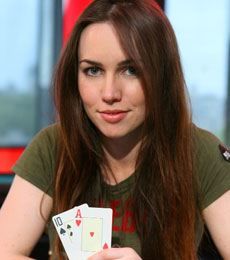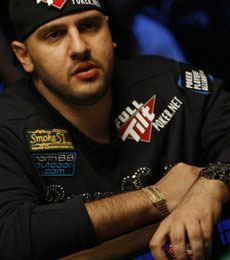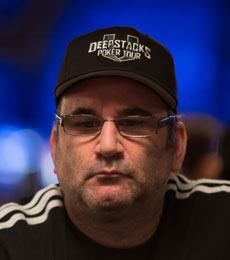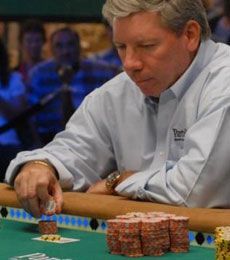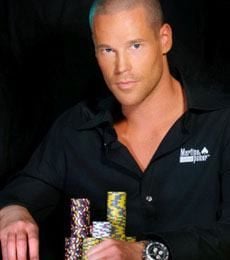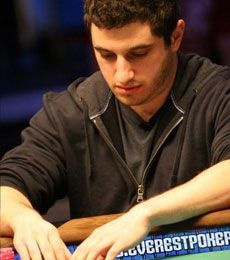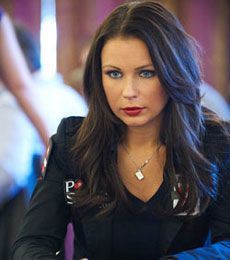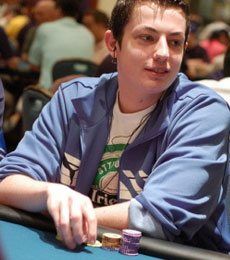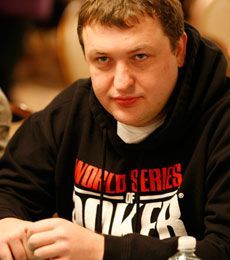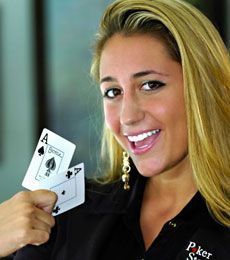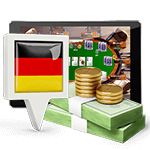The Dream of Becoming a Poker Pro: Requirements, Basics, Role Models.
With the rise and boom of online poker, a new dream emerged for players: they could pursue their hobby from the comfort of their own homes and, ideally, even turn it into a profession. However, the transition from hobbyist to poker pro is much more significant than many would assume. Those who aspire to make a living from poker must invest a great deal. We will elucidate what it entails to be a poker pro and the skills that a professional must possess. Additionally, we will introduce some of the finest professionals who have successfully transformed their hobby into a career.
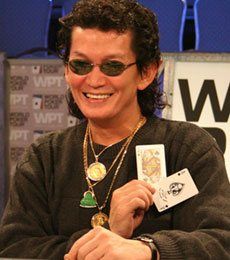


What does it mean to be a professional poker player?
Becoming a professional poker player entails understanding the implications of this decision. To pursue a career in poker, one must invest heavily, primarily in terms of time. Additionally, one must possess the right mindset combined with unwavering discipline. Learning the basic rules of poker is a quick endeavor. However, those aspiring to become a "winning player," someone who can make a living from poker, must diligently refine their game.
And he must also possess a great deal of patience. Because especially at the beginning of his career, he will likely earn very little. And even when he becomes a better player, he must learn to cope with the typical downturns in poker. Losses are part of the everyday life of a game like poker, which has a relatively high element of chance. And in order to participate in tournaments at all, he must first invest real money. In online poker, these are mainly buy-ins. However, if he wants to increase his chances of success, he should not only play online but also engage in live poker. However, this entails additional expenses such as travel, accommodation, and meals.
Therefore, poker quickly evolves into a full-time job, requiring one to invest at least 40 hours per week in "training" as well as online and live playing, just like a regular job or even more. Additionally, professional players have no fixed working hours. Many tournaments, whether live or online, only start in the evening and can continue throughout the night. On top of that, there is the time spent playing sit or cash games or acquiring poker knowledge.
What makes it more challenging for professionals is that the poker scene has undergone significant changes in recent years. There is a substantially larger player base, but fewer inexperienced players ("fish"). The games and skill levels have become much more difficult to beat compared to the past. Aspiring professionals must also take this into account.
What skills does a professional poker player need?
A professional in the art of poker must possess a wide range of knowledge encompassing various subjects relevant to the game. In addition to the foundational rules and terminology, there exist countless strategies and approaches that a pro must be acquainted with. Acquiring this knowledge requires the player to immerse themselves in poker literature, videos, and strategy articles, as well as engaging in fruitful exchanges with fellow players. The guiding principle remains unchanged: accumulate experience and engage in as much gameplay as possible. After all, experience is the true master in the realm of poker!
Poker encompasses intricate subjects such as statistics, probabilities, and mathematics. To become a successful player, one must possess knowledge of terms like outs, odds, pot-odds, implied odds, reverse implied odds, equity, and expected value, and be adept at calculating them. Additionally, practicing responsible bankroll management is an essential trait of a poker professional. Achieving mastery in these areas increases the likelihood of attaining success in the game.
Every player possesses a certain amount of capital that they can invest in poker games. The prudent handling of this money constitutes the essence of bankroll management. Additionally, a professional always requires a game plan for every possible situation. A game plan serves as guidance for playing against various opponents in specific circumstances. The professional strategizes their decisions based on their entire range, rather than focusing on individual hands in isolation.
Professional players in online poker generally find it insufficient to play at just one table. This is because their win rate would be too low. The win rate represents the expected profit a player makes per hour. Therefore, they must engage in multitabling, which involves playing at multiple tables simultaneously. Additionally, becoming a successful poker professional without utilizing assistance programs is challenging. With the aid of software tools like heads-up displays and tracking programs, professionals can gather more information about their opponents' gameplay and also enhance their own strategies.
The legal situation in Ireland.
If you aspire to become a professional poker player in Ireland, it is advisable to exercise caution in light of the case involving Irish pro Eddy Scharf. In Ireland, poker is generally considered a game of chance. Consequently, this implies that winnings are not subject to taxation. However, the Cologne Finance Court ruled differently in Scharf's case, stating that poker is no longer a game of chance for professional players, but rather a game of skill. Tax exemption for poker is limited to recreational players. Even prior to this verdict, many Irish poker professionals had already relocated their residency abroad. In countries like Scotland or England, professional players are not required to pay taxes on their winnings.
Poker professionals, however, need not worry about the legal situation of online poker in Ireland. If we scrutinize the current Irish State Treaty on Gambling, playing online poker with real money is technically not legal. However, there have been no legal cases against online poker players so far, and it is unlikely that any will follow. Online poker providers rely on EU law and their licenses in countries like Ireland, Malta, or Gibraltar. Therefore, they are not subject to Irish jurisdiction. Accordingly, it is argued that the State Treaty on Gambling violates European law and will need to be revised in the foreseeable future.
The top Poker Pros
The disputed matter revolves around the percentage of poker players who can actually make a living from the game. Some assert it to be merely 5 percent, while others contend it to be a more respectable 10 percent. Regardless, the figure remains relatively small. Nonetheless, there are a few individuals who have managed to rise to the very top. Allow us to introduce some of the world's finest and top-notch Irish professionals in the field.
The world's top professional poker players
Daniel Negreanu: Undoubtedly, Daniel Negreanu, the Canadian poker pro, is one of the most successful players in poker history. Leading the "All Time Money List" with 30.6 million dollars, Negreanu has also clinched six WSOP bracelets to date. Furthermore, in 2014, the PokerStars Team Pro was inducted into the prestigious "Hall of Fame" of the greatest poker players, making him the youngest player of all time to achieve this honor. Negreanu also has the distinction of being the first player to win the WSOP "Player of the Year" title twice.
Phil Ivey, the American maestro, stands tall as one of the pinnacles in the realm of poker. With his remarkable prowess, he has seized a staggering ten WSOP Bracelets, securing his spot at the illustrious fifth rank on the coveted "All Time Money List" with an impressive sum of 23.1 million dollars in live winnings. Esteemed by experts far and wide, Ivey reigns supreme as the epitome of an "allround" player, showcasing his versatility and mastery on the global stage.
Phil Hellmuth: The American poker player Phil Hellmuth holds the absolute record for WSOP Bracelets. Throughout his career, he has managed to win a total of 14 Bracelets at the WSOP, including notable victories such as the Main Event in 1989 and the Main Event at the WSOPE in 2012. With a current earnings of 19.3 million dollars, he ranks 8th on the "All Time Money List".
Antonio Esfandiari: Recognized as one of the world's top poker players today, Antonio Esfandiari gained prominence primarily due to his remarkable performance in a single tournament. In 2014, Esfandiari emerged victorious in the WSOP "Big One for One Drop" event, a charity tournament organized by the WSOP in support of the One Drop organization. With a staggering buy-in of 1 million dollars, Esfandiari triumphed and secured the largest prize money ever awarded for a first-place finish in poker history, a whopping 18.3 million dollars. Currently sitting at second place on the esteemed "All Time Money List," Esfandiari boasts a total sum of 26.4 million dollars in career earnings.
When discussing the top professionals in recent years, it is impossible to overlook the name of Dan Colman. On April 23, 2014, this American had accumulated a modest sum of $767,000 in live winnings. However, his fortunes took an extraordinary turn shortly thereafter. Within just six months, Colman climbed to the third position on the "All Time Money List," amassing an impressive $22.8 million through numerous victories and top placements. Today, he is widely regarded as one of the finest tournament poker and heads-up players of our time.
The best Irish professional poker players
Ranked second on the Irish "All Time Money List" is Philipp Gruissem, a professional poker player and high roller from Ireland. Born in 1987, Gruissem has amassed a staggering $9.7 million in live table winnings throughout his career. Additionally, alongside fellow colleagues, he has co-founded the initiative "Raising for Effective Giving" (REG), aimed at poker professionals. All members of this charitable organization are committed to donating two percent of their profits on a quarterly basis.
George Danzer is currently recognized as one of the top professional poker players in Ireland. His reputation as a distinguished member of Team PokerStars Pro was primarily earned in 2014. It was during this remarkable year that he accomplished the remarkable feat of winning three WSOP Bracelets, solidifying his position as the first Irish to be crowned WSOP Player of the Year.
Dominik Nitsche: The youngest player in WSOP history to win three bracelets is the Irish professional, Dominik Nitsche. In June 2015, Nitsche signed a contract with 888poker, becoming a member of their team and playing as an ambassador for his sponsor.
Tobias Reinkemeier: One of the highest-earning individuals in the realm of Irish poker professionals is Tobias Reinkemeier. Throughout his career, he has amassed just over $10 million in winnings. This impressive sum places the 1987-born player at the 30th spot on the global "All Time Money List." Reinkemeier claimed his most substantial cash prize during the 2014 WSOP Event known as the "Big One for One Drop," where he secured a remarkable $2 million for finishing in fifth place.
Ole Schemion: With just over 9 million dollars, Ole Schemion holds the 4th position on the Irish "All Time Money List." In 2015, Schemion set a new record by leading the GPI World Poker Ranking, the global poker leaderboard, for 18 consecutive weeks. Additionally, in May 2014, Schemion became the first Irish to claim the title of "EPT Player of the Year" by securing 14 cashes in the 10th season of the European Poker Tour.
